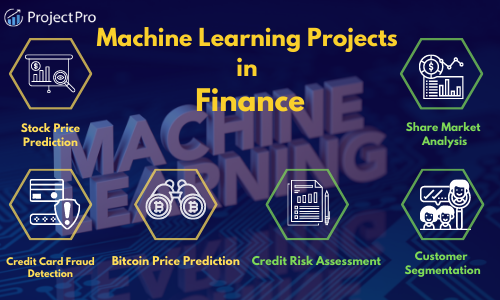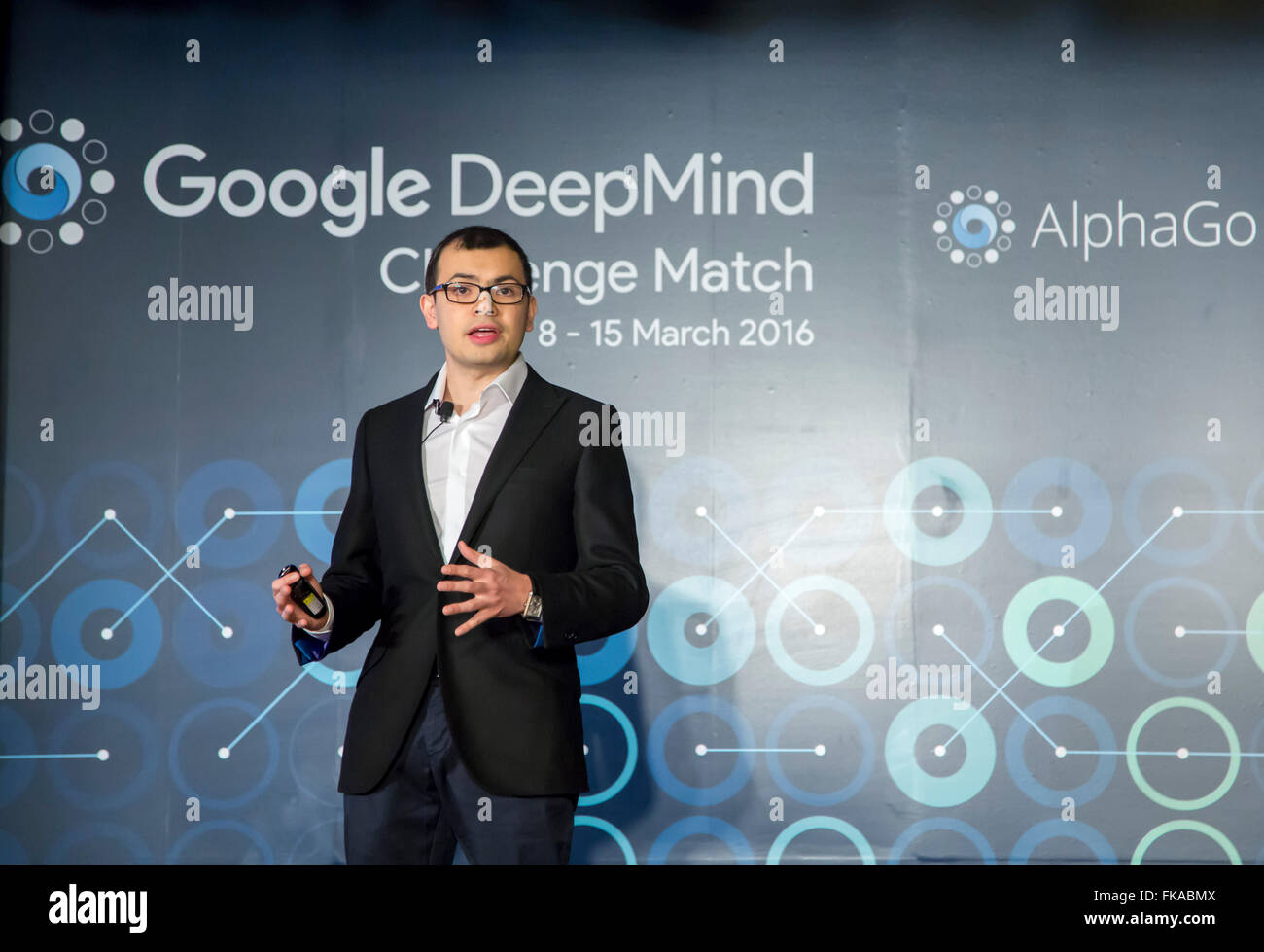
Privacy of user data becomes more important as AI advances. It is important that user input data not be visible to other parties. The same goes for model outputs. Not only is it good for the users but also for sensitive data-handlers. Privacy and security can go hand in hand. Protecting data reduces risk of leakage that can lead to fines, loss of user trust, and even the loss of your ability to use the data again.
Anonymization tools
There are many options to anonymize data. These include blurring and generalization as well as de-identification. These methods require some data. Anonymization serves two purposes: to make data less identifiable and maintain statistical accuracy and data integrity. Anonymization tools are not without their limitations. Here are some examples. Using these techniques will help you create an environment where you can confidently use the data for AI research and development.
Anonymization tools by Dedomena use a combination of irreversible and reversible techniques to protect personal information. This anonymization process ensures that all your data will be in compliance with the data protection regulations. Encrypting your data will protect you from the possibility of third-party applications gaining access to your personal data. Smart Reply is an anonymization algorithm that protects your privacy. The anonymized data will never be shown in emails sent to strangers.

Regulated by government
A government regulation of AI privacy is necessary, especially given the machine's rapidly changing capabilities. These systems pose a serious threat to privacy and human rights. It is essential that these laws provide real consequences for companies that do not comply with them. As other jurisdictions have, the OPC should be able to impose financial penalties or binding orders on companies that do not comply with them. Privacy laws are not designed to hinder innovation. They are intended to protect individuals and their personal information from misuse.
The EU recently adopted the European Union's Artificial Intelligence Directive, (GDPR), that regulates certain AI systems at high risk. The President Biden's Administration has also indicated plans to develop an AI privacy law. The Federal Trade Commission is poised to create new rules for AI privacy. Additionally, the California Privacy Protection Agency filed for rulemaking authority regarding AI privacy. In addition, a draft bill has been introduced in the United States that mandates major companies to provide users with options.
Data models
Privacy is one of the biggest ethical issues in AI. Many personal data is being used by companies for various purposes. Some data might be highly sensitive. Even anonymized data can not be sufficiently anonymized. These ethical issues are crucial as companies require data to fuel their AI applications. They must still consider how to protect the privacy of users and comply with privacy law. Here are some guidelines.
Privacy is an important concern for all AI systems. Data instances used in the development and testing of AI models can be highly sensitive. The online purchase history and facial images of customers can reveal the preferences and habits of customers. These data are used to train the AI algorithm in facial recognition systems. Privacy risks can be present at any stage of data collection and transfer. These should all be taken seriously. All three stages should be protected and secured to ensure privacy.

Identity theft
Artificial intelligence (AI), fraud detection instruments can be used to help stop financial and identity theft. These crimes pose a threat to our national security and economic prosperity. These AI technologies can also increase privacy. Learn more about AI fraud detection technologies. This article will provide an overview of this technology. It is now possible to use AI to detect fraudulent activities. But how does AI work exactly? How does it prevent identity fraud? How can AI help consumers be protected?
A graph is a great way to protect yourself from identity theft. This is known as a "digital fingerprint" and it includes signals from network and devices. This data can be used for identifying threats, such as bot traffic or device manipulation. But it should be understood that digital fingerprints are different from digital identities, which contain personal information, medical history, and online searches. It is vital to be aware of the potential threats.
FAQ
How does AI work?
To understand how AI works, you need to know some basic computing principles.
Computers store information on memory. Computers use code to process information. The code tells a computer what to do next.
An algorithm is a set or instructions that tells the computer how to accomplish a task. These algorithms are usually written in code.
An algorithm could be described as a recipe. A recipe may contain steps and ingredients. Each step might be an instruction. One instruction may say "Add water to the pot", while another might say "Heat the pot until it boils."
How does AI work?
An algorithm refers to a set of instructions that tells computers how to solve problems. An algorithm can be described in a series of steps. Each step has a condition that determines when it should execute. A computer executes each instructions sequentially until all conditions can be met. This repeats until the final outcome is reached.
Let's say, for instance, you want to find 5. It is possible to write down every number between 1-10, calculate the square root for each and then take the average. This is not practical so you can instead write the following formula:
sqrt(x) x^0.5
This says to square the input, divide it by 2, then multiply by 0.5.
Computers follow the same principles. It takes your input, multiplies it with 0.5, divides it again, subtracts 1 then outputs the result.
How do AI and artificial intelligence affect your job?
AI will eventually eliminate certain jobs. This includes drivers of trucks, taxi drivers, cashiers and fast food workers.
AI will create new jobs. This includes positions such as data scientists, project managers and product designers, as well as marketing specialists.
AI will simplify current jobs. This includes jobs like accountants, lawyers, doctors, teachers, nurses, and engineers.
AI will make it easier to do the same job. This includes agents and sales reps, as well customer support representatives and call center agents.
Is Alexa an AI?
The answer is yes. But not quite yet.
Alexa is a cloud-based voice service developed by Amazon. It allows users speak to interact with other devices.
First, the Echo smart speaker released Alexa technology. Since then, many companies have created their own versions using similar technologies.
These include Google Home as well as Apple's Siri and Microsoft Cortana.
How will governments regulate AI
While governments are already responsible for AI regulation, they must do so better. They should ensure that citizens have control over the use of their data. A company shouldn't misuse this power to use AI for unethical reasons.
They need to make sure that we don't create an unfair playing field for different types of business. If you are a small business owner and want to use AI to run your business, you should be allowed to do so without being restricted by big companies.
What does AI mean for the workplace?
It will change the way we work. We will be able to automate routine jobs and allow employees the freedom to focus on higher value activities.
It will help improve customer service as well as assist businesses in delivering better products.
It will enable us to forecast future trends and identify opportunities.
It will enable companies to gain a competitive disadvantage over their competitors.
Companies that fail AI adoption will be left behind.
Statistics
- Additionally, keeping in mind the current crisis, the AI is designed in a manner where it reduces the carbon footprint by 20-40%. (analyticsinsight.net)
- More than 70 percent of users claim they book trips on their phones, review travel tips, and research local landmarks and restaurants. (builtin.com)
- In the first half of 2017, the company discovered and banned 300,000 terrorist-linked accounts, 95 percent of which were found by non-human, artificially intelligent machines. (builtin.com)
- By using BrainBox AI, commercial buildings can reduce total energy costs by 25% and improves occupant comfort by 60%. (analyticsinsight.net)
- A 2021 Pew Research survey revealed that 37 percent of respondents who are more concerned than excited about AI had concerns including job loss, privacy, and AI's potential to “surpass human skills.” (builtin.com)
External Links
How To
How to set up Cortana Daily Briefing
Cortana is Windows 10's digital assistant. It is designed to assist users in finding answers quickly, keeping them informed, and getting things done across their devices.
A daily briefing can be set up to help you make your life easier and provide useful information at all times. The information should include news, weather forecasts, sports scores, stock prices, traffic reports, reminders, etc. You can decide what information you would like to receive and how often.
Press Win + I to access Cortana. Select "Daily briefings" under "Settings," then scroll down until you see the option to enable or disable the daily briefing feature.
If you have the daily briefing feature enabled, here's how it can be customized:
1. Open Cortana.
2. Scroll down until you reach the "My Day” section.
3. Click the arrow next to "Customize My Day."
4. Choose the type information you wish to receive each morning.
5. Change the frequency of the updates.
6. Add or remove items to your list.
7. Keep the changes.
8. Close the app